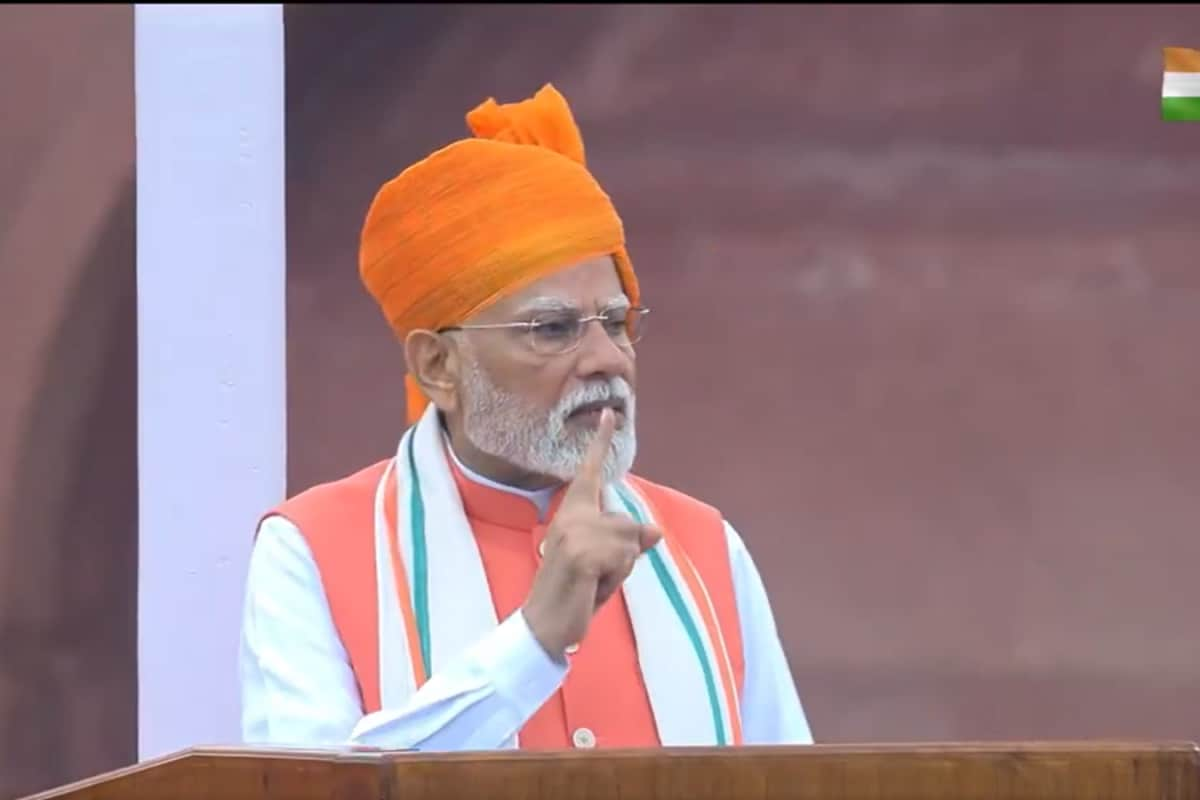

In his Independence Day speech on August 15, 2025, Prime Minister Narendra Modi lauded the Rashtriya Swayamsevak Sangh (RSS) as the world's largest non-governmental organization (NGO), acknowledging its century-long commitment to nation-building. Speaking from the Red Fort, Modi praised the RSS for its 100 years of dedicated service and the commitment of its swayamsevaks (volunteers) to the welfare of India. He highlighted the organization's motto, "vyakti nirman se rashtra nirman" (nation-building through individual development), calling its century of service a proud and golden chapter in India's history.
Founded in 1925 by Keshav Baliram Hedgewar in Nagpur, the RSS is celebrating its centenary year in 2025. What began as a small "shakha" (daily gathering) focused on instilling discipline, unity, and cultural nationalism has grown into a massive organization with millions of volunteers both in India and abroad. The RSS aims to unite the Hindu community by imparting character training and instilling Hindu discipline to establish a Hindu Rashtra (Hindu nation) and spread the ideology of Hindutva.
The Prime Minister's commendation comes as the RSS is planning grand celebrations to mark its 100th anniversary. The flagship event, "100 Years of Sangh Yatra - New Horizons," is scheduled to take place from August 26 to August 28 at Vigyan Bhawan in Delhi. RSS Chief Mohan Bhagwat will interact with various sections of society during this event, which will include lectures, dialogues, and discussions with influencers from 17 fields, including media, diplomacy, religion, and academia. Similar interactions are planned for other cities like Bengaluru, Kolkata and Mumbai.
In addition to the main event, the RSS is planning a large-scale outreach program, including "Hindu Sammelans" across the country. These gatherings will be organized at the "mandal" level in rural areas and the "basti" level in urban areas, with discussions focusing on social harmony, family enlightenment, environmental awareness, selfhood and indigenous identity, and citizen duties. The RSS has set a goal to reach every block in every state as part of its centenary year activities.
Throughout its history, the RSS has been involved in various activities, including social service, education, rural development, and disaster relief. The organization encourages its members to participate in selfless service to society, with initiatives ranging from healthcare and education to aiding army personnel and people in border regions. During natural calamities like earthquakes, floods, and cyclones, RSS volunteers have been at the forefront, providing assistance and support to affected communities.
The RSS also runs numerous schools and educational institutions, often called Vidya Bharati schools, which promote traditional Hindu values and strive to provide quality education. These schools focus on holistic development and instilling a sense of pride in Indian culture. The RSS emphasizes the importance of discipline, physical fitness, and moral integrity.
The organization has played a role in shaping the political landscape, most notably through its affiliate organizations, collectively known as the Sangh Parivar, which include the Bharatiya Janata Party (BJP), Vishwa Hindu Parishad (VHP), and Akhil Bharatiya Vidyarthi Parishad (ABVP).
While lauded by some for its contributions to nation-building and social service, the RSS has also faced criticism. The organization has been accused of intolerance towards minorities, particularly Muslims.
Despite the controversies, the RSS remains a significant organization in India, and its centenary is a landmark event. Prime Minister Modi's recognition of the RSS as the world's largest NGO highlights its widespread presence and influence in Indian society. The organization's upcoming celebrations and outreach programs are expected to further amplify its reach and impact.